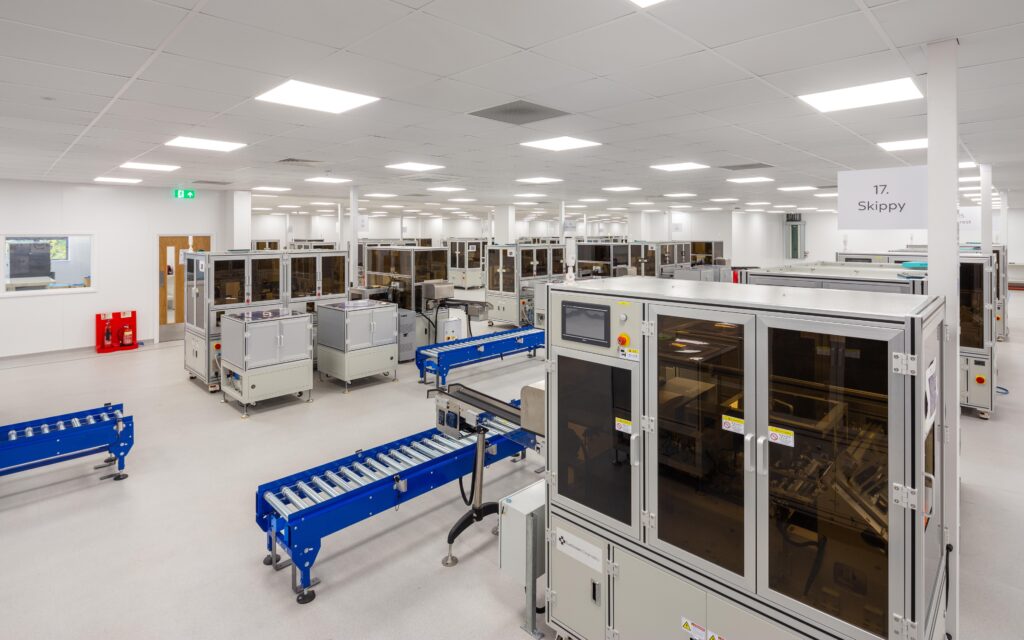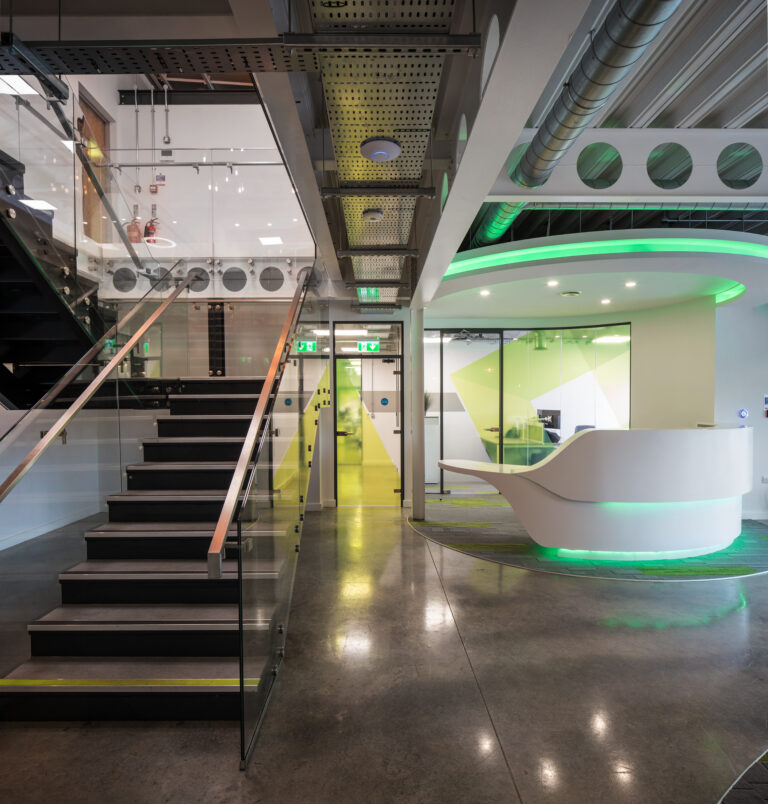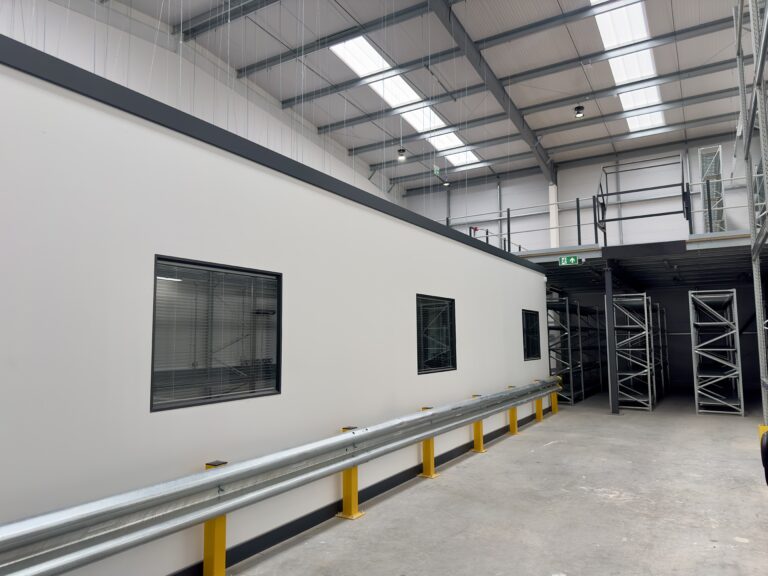Manufacturing has evolved rapidly over the centuries from a people-focused approach through to machine reliant assembly lines and on to the highly automated factories we see today. But what can we expect from the factories of the future?
As modern manufacturing techniques evolve, there is significant pressure on UK manufacturers to adapt and become more agile to maintain international competitiveness and promote economic, social, and environmental sustainability.
What is the Factory of the Future?
The factory of the future is a vision for how manufacturers can use the most advanced digital technologies to implement intelligent and sustainable processes and enhance production.
Factories of the future are future-oriented manufacturing companies that embrace industry changes.
The factory of the future makes creative, optimised use of available materials and energy and adopts innovative business models that focus on empowering employees.

As a result, its products can respond flexibly to increasingly specific customer needs and often have a high added value. In the years to come, we are set to see future-oriented manufacturing companies drive flexibility, customisation, and product innovation.
Integrated approach to the Factory of the Future
The innovators are going beyond the technology that is currently part of Industry 4.0 and adopting an integrated approach. This integrated manufacturing strategy combines digital, lean, and sustainability as part of a future-oriented system.
This works by combining IT systems with operational manufacturing technologies, and new strategies for the workforce. This new type of operating system will bring any integrated strategy to life and sustain it over time.
Adopting a system-wide perspective
Companies that incorporate an integrated approach into their operation take their whole network, supply, and production system into consideration when planning a factory of the future.
Adopting a system-wide perspective makes it possible to chart a clear development path that takes into consideration what steps are needed to design a factory of the future that can develop over time.

In order to achieve this, businesses are adopting a ‘present-forward, future-back approach,’ which enables them to understand how to shape their future network and production system and take steps now to integrate lean, digital, and sustainability in a consistent way.
The Workforce
One of the questions currently being asked in the automation of factories is, where does human labour fit in?
The future of factories forecasts that humans and co-bots can collaborate to maximise efficiency. Manufacturers will need to decide which processes are better suited for automation and which ones require human involvement.
Sustainability
Manufacturing will have to become more efficient to respond to fast-changing market demands to produce better results but will have to do it sustainably.
Research from the World Economic Forum suggests that manufacturing represents 54% of the world’s energy consumption and is responsible for 20% of global emissions, so the industry must act fast to reduce its footprint.
Sustainable manufacturing will continue to be an important topic throughout 2023 and beyond with trends towards optimum sizing of production equipment, reducing waste and material and energy use.

How to become a Factory of the Future
Implementing the factory of the future doesn’t mean simply enhancing network and production systems. It will also involve the integration of IT systems with operational technology systems, advanced manufacturing technologies, and operations teams.
CEOs will also have to consider their workforce and attract and retain the right people for the roles that are needed in future factories. They will also need to develop their current staff to create an agile organization that will create value in in the manufacturing process.
Companies that manage to combine these elements will be best equipped to seize the opportunities and cope with the risks on the journey toward creating a factory of the future.
What will a Factory of the Future look like?
SMART manufacturing is here to stay. Flexibility is key to the future of factories. Production lines are evolving to become more and more intelligent. In the future, all automated systems will be capable of self-learning due to advancements in hardware and software. And as augmented reality takes rise, robots will be able to undertake a vast range of complex jobs.

Manufacturers must consider a well-co-ordinated approach to meet the evolving needs of factories. This involves training and education, investment, intellectual property, and technology issues.
Generative AI is being acclaimed as the next era-shaping technological innovation. It is set to have an impact on the future of factories, with systems such as ChatGPT AI software currently being developed to provide input into systems, rapidly reducing the need for humans to research and develop solutions.
And then there is Elon Musk, who is already developing humanoid robots to work alongside humans.
The Future
Factories of the future will need to SMART and sustainable, digital, and dynamic. Going forward, there is set to be more automation and digital transformation, with companies adopting a new culture of experimentation and innovation within their organisations.
Companies that embrace automation and advanced manufacturing technology across their factories and supply chains will thrive in their respective sectors. This will involve employees working alongside new technology to ensure operations run smoothly, with staff re-training taking place where appropriate.
Those companies that don’t adapt accordingly risk falling behind, with business growth slowing down.
DSP are experts in the design and fit out of workplaces. Take a look at our partnership with SureScreen Diagnostics, who we have helped to create an agile production facility that can be rapidly adapted to accommodate specific product demand.
To find out more about our work, call the team at DSP (Interiors) on 01332 291 617 or email sales@dsp-solutions.co.uk






